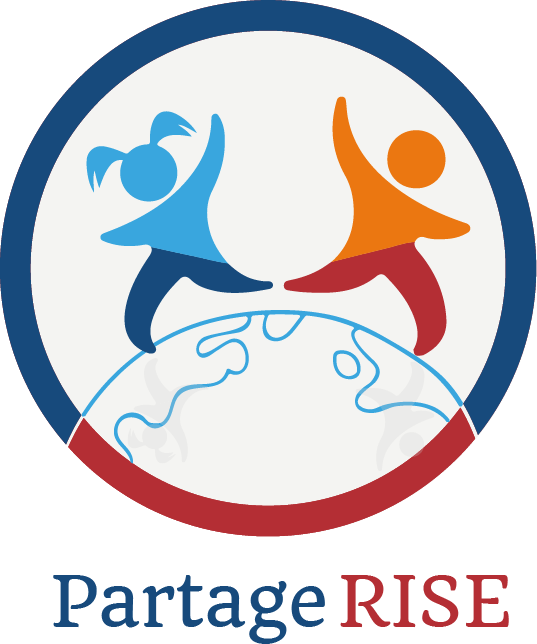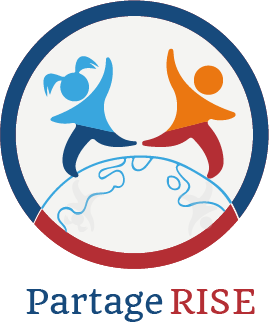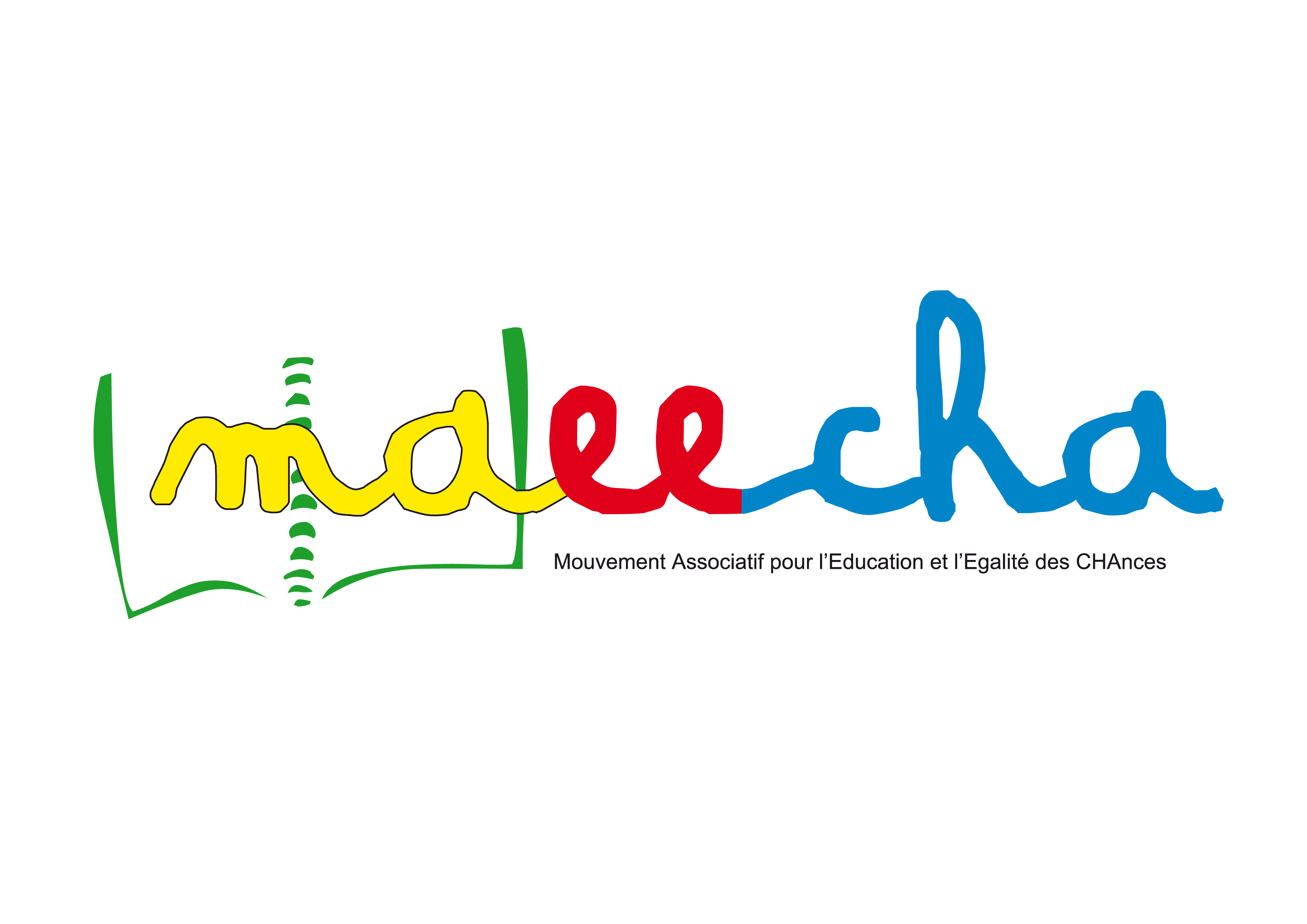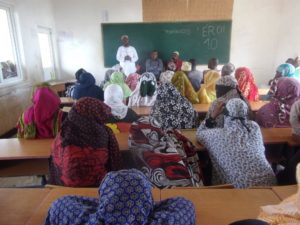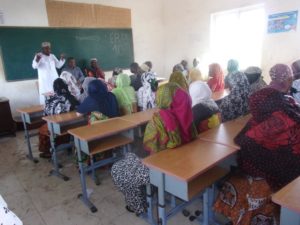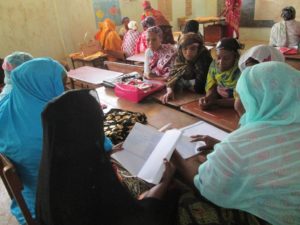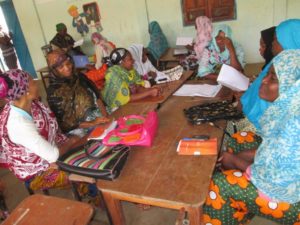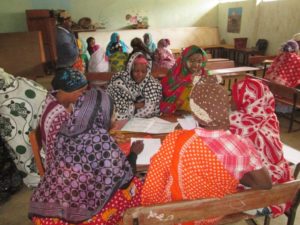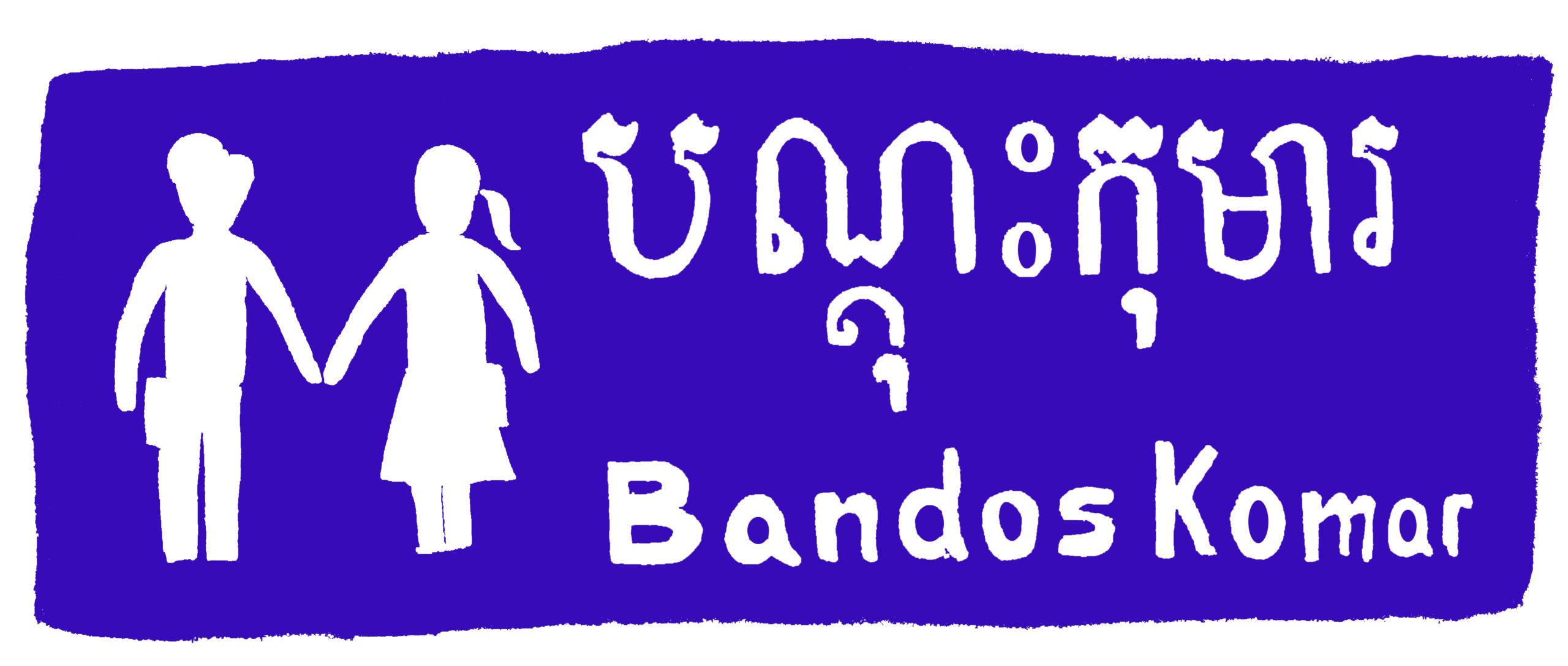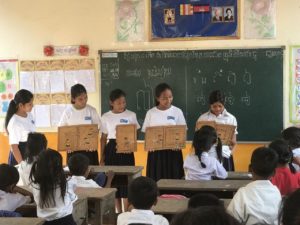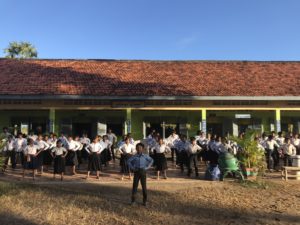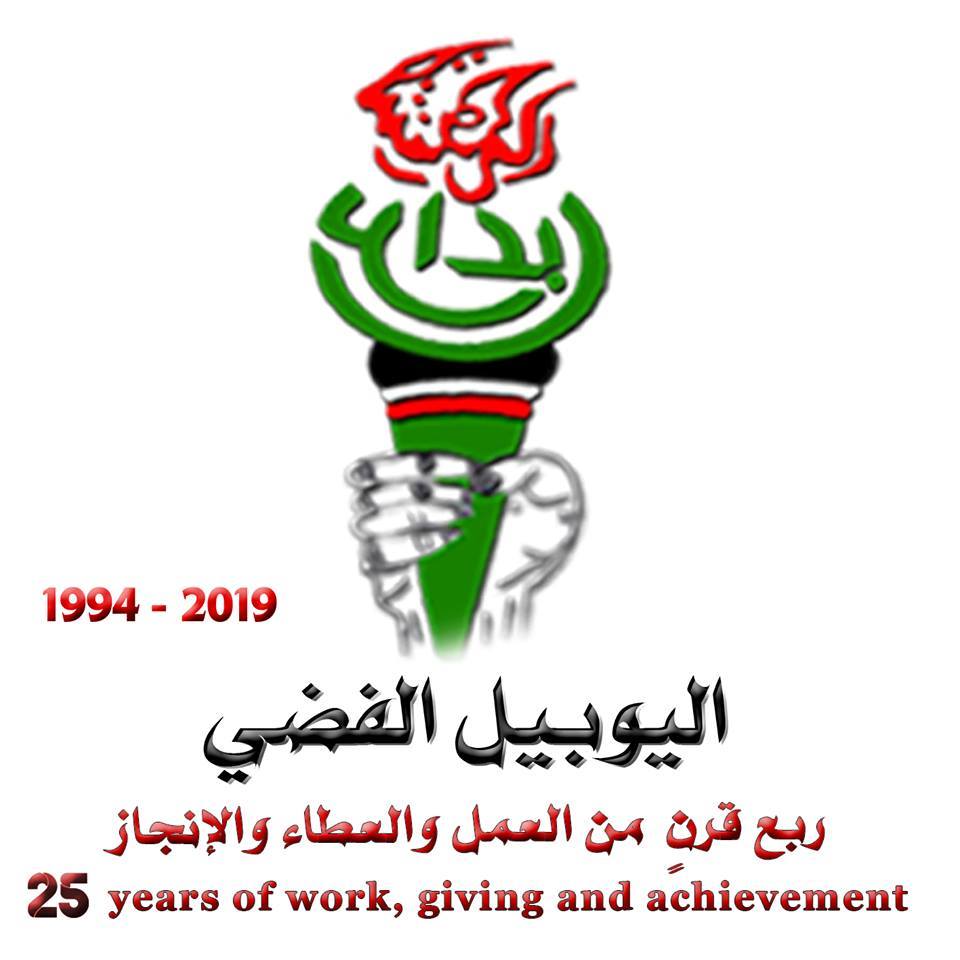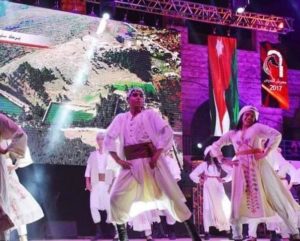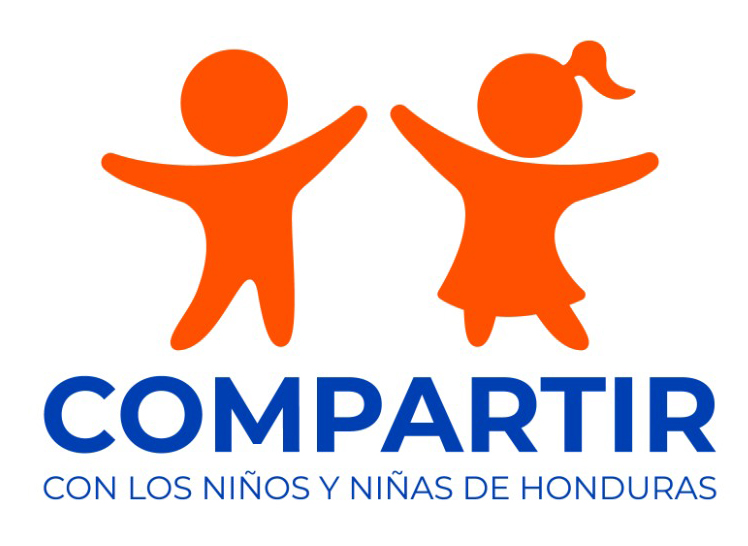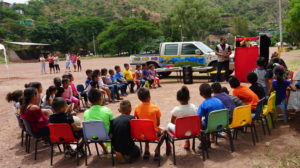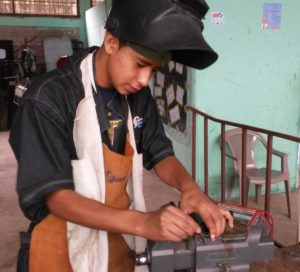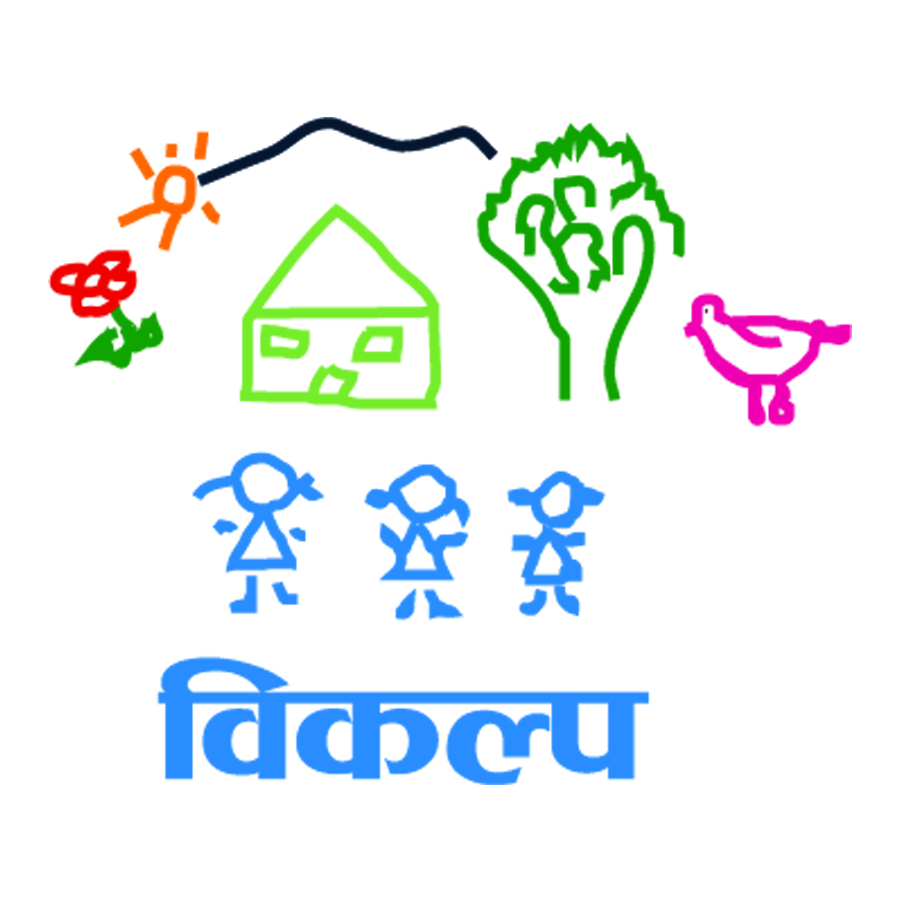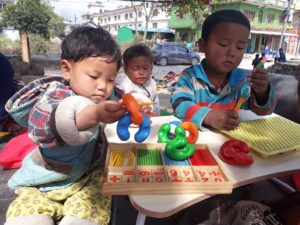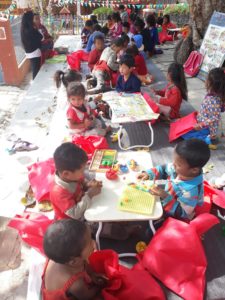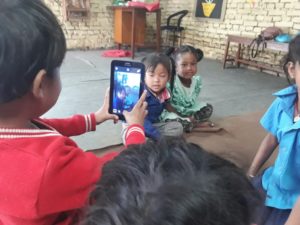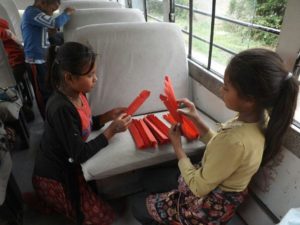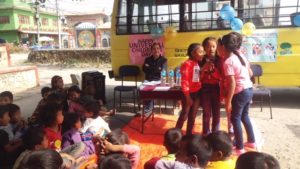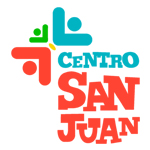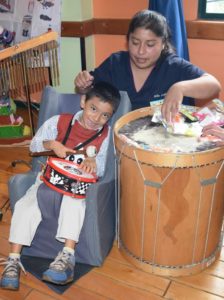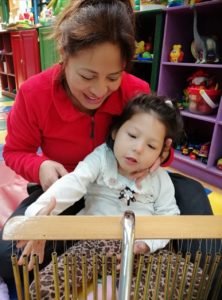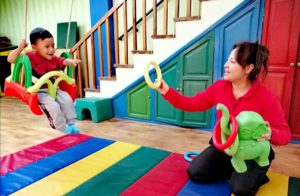Mobile library: This is a strategy for the democratization of books and reading that allows through a vehicle (bibliomobile) equipped with: books, tables, chairs, puppets, theatre, guitar and tent to reach children who live in areas distant from community libraries and without access to sources of information. It has an annual coverage of 3,500 children and young people from different communities, developing activities in the streets, soccer fields and other community spaces, with the main objective of promoting reading, giving joy through a collection of stories with a diversity of titles, as well as musical activities, organized games, theater with puppets; all these actions allow the enjoyment of books and reading, with a reading promoter and a community volunteer who in a team encourage each activity, using innovative techniques of art as an element of expression. It is a strategy of democratization of books and reading that allows through a vehicle (bibliomobile) equipped with: books, tables, chairs, puppets, theater, guitar and tent to reach children who live in areas distant from community libraries and without access to sources of information. It has an annual coverage of 3,500 children and young people from different communities, developing activities in the streets, soccer fields and other community spaces, with the main objective of promoting reading, giving joy through a collection of stories with a diversity of titles, as well as musical activities, organized games, theater with puppets; all these actions allow the enjoyment of books and reading, with a reading promoter and a community volunteer who in a team encourage each activity, using innovative techniques of art as an element of expression. It is a strategy of democratization of books and reading that allows through a vehicle (bibliomobile) equipped with: books, tables, chairs, puppets, theater, guitar and tent to reach children who live in areas distant from community libraries and without access to sources of information. It has an annual coverage of 3,500 children and young people from different communities, developing activities in the streets, soccer fields and other community spaces, with the main objective of promoting reading, giving joy through a collection of stories with a diversity of titles, as well as musical activities, organized games, theater with puppets; all these actions allow the enjoyment of books and reading, with a reading promoter and a community volunteer who in a team encourage each activity, using innovative techniques of art as an element of expression.
